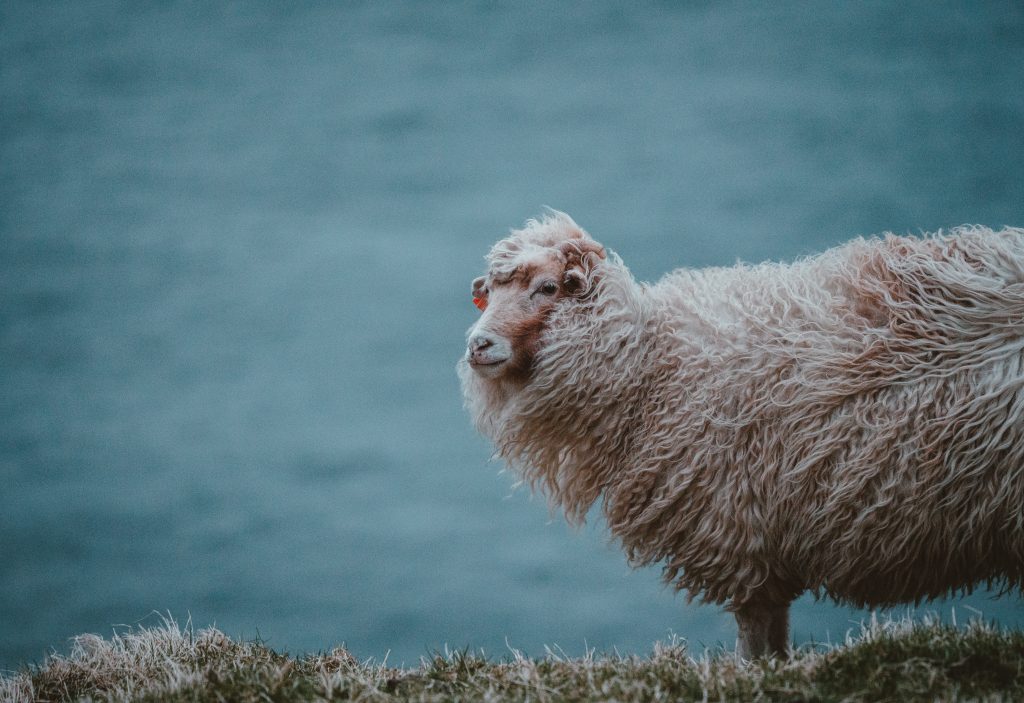Infectious Zoonotic Diseases Transmissible from harvested Wildlife to humans in the European Arctic (ZORRO)
Documented contaminant related effect on the immune system and altered dispersal of animals due to climate change has an obvious linkage to zoonotic diseases that may have a fatal outcome for both wildlife and humans.
Zoonotic diseases are pathogens transferred up the food chain from various hosts ending up in humans. This means that wildlife top predators may achieve zoonosis that can be transferred over the last links in the food chain to humans.
The objective of ZORRO is therefore to fill in the knowledge gaps by screening marine (and partly terrestrial) mammals, their sources and pathways that eventually will become at threat local people and hunters in East Greenland, the Faroese Islands, Northern Norway and Sweden for zoonotic diseases. This will facilitate the pinpoint of the most important zoonotic diseases and their potential linkage to contaminants and climate changes.
The funding was used to establish the ZORRO Working Group, including its first workshop and the drafting of a review article providing a region-specific zoonotic risk assessment for the European Arctic. The review has been the basis for ZORRO Phase II, an effort for planning, sampling and coordination of disease analyses in selected key species. More information is available here.
Applicant: Aarhus University, Department of Bioscience
Countries: Denmark, Greenland, Faroe Islands, Norway, Sweden
Project start 2015, expected to be finalized in 2017.
Copyright pictures: unsplash.com
